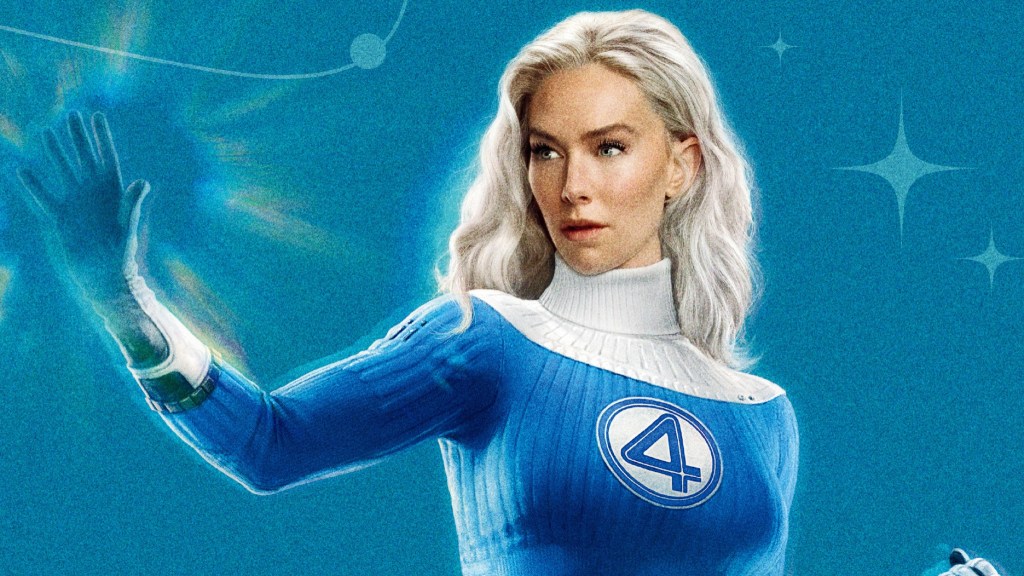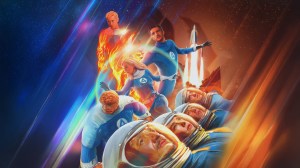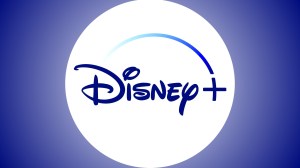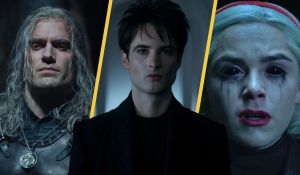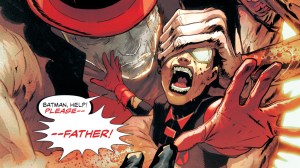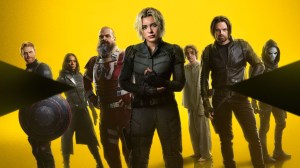The latest entry into the Marvel Cinematic Universe, Fantastic Four: First Steps, is earning praise for its grounded approach to such a sprawling cosmic story that Hollywood has tried to tell through various iterations. While the film is full of the spectacle and super-powered action fans have come to expect, there is a quiet, intensely human moment that resonated most deeply with audiences. A recent Reddit thread has exploded with discussion centered on a single scene, one that subverts the typical superhero formula and offers a powerful statement on heroism and humanity. The scene in question features Vanessa Kirby’s Sue Storm, also known as the Invisible Woman, confronting a panicked crowd of protestors outside the Baxter Building. With her infant son, Franklin, in her arms, she delivers a speech that is arguably the emotional core of the film. It’s a moment that trades explosions for empathy, and CGI for raw, unflinching emotion, leaving many viewers shaken and deeply moved.
Videos by ComicBook.com
The fan conversation points to this as a pivotal scene, defining not just Sue Storm’s character, but the very soul of the film.
This Is a Story That Asks Difficult Questions Instead of Providing Easy Answers

In a genre often defined by its clear-cut battles between good and evil, Fantastic Four: First Steps dares to explore the uncomfortable gray areas of heroism and how it impacts not just a team, but an entire family. The scene with Sue Storm and the protestors is a prime example of this. The crowd, driven by fear, believes that the only way to save Earth from the cosmic threat of Galactus is to sacrifice Franklin. It’s a classic “greater good” dilemma, but the film refuses to solve it with a convenient plot device or a last-minute change of heart moment. Instead, the answer to the problem is Sue and her raw emotional state.
She isn’t using her powers or engaging in a physical confrontation; she is simply a mother, exhausted and protective, facing an impossible choice. The only way to calm the panciking crowd who fear Galactus’ arrival is to confront them head on, is to acknowledge them in a way superheroes rarely engage with the local citizens in films. Sue promises that she will not sacrifice her baby, but she also will not sacrifice Earth.
This narrative choice forces the audience to sit in the discomfort of the situation as if we are the protestors in from of the Baxter Building. It challenges us to confront our own values and ask what we would do in such an impossible scenario. This refusal to offer a quick fix is what elevates the film beyond a simple superhero flick, making it a powerful character study about love, sacrifice, and the moral weight of heroism.
This Is a Story That Imagines a Better World Where Superheroes Inspire Humanity
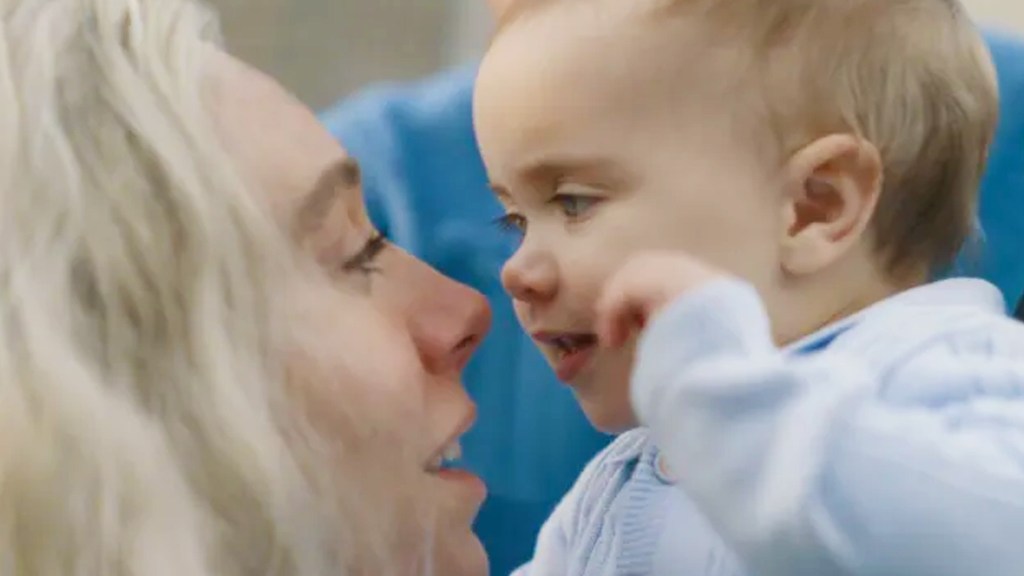
Beyond its emotional weight, the scene is being praised for its refreshing take on the relationship between superheroes and the public. For too long, comic book films have shwon a version of humanity that is either inexplicably worse than our own or inconsistently written to serve the plot. We’ve seen citizens of Gotham who seem oblivious to the constant cycle of absurd chaos, or civilians who are quick to turn on their heroes at the slightest nudge.
Fantastic Four: First Steps, however, presents a different reality. The film’s Earth (Earth-828) is not a utopia, but it is a world where heroism is a reinforcing loop. The people are scared and on the verge of mass hysteria thanks to Galactus, but they are not presented as an unthinking mob. When Sue Storm addresses them, her words carry weight because The Fantastic Four have consistently stood for them and with them, and ultimately, protected their lives without fail. Sue reminds them of this shared history, and in doing so, she changes their minds. The crowd, which had been demanding the unthinkable, is reminded of its own humanity and its better nature.
This choice reflects a deeper level of world-building, where the civilian population is not a mere plot device or mindless sheep, but a consistent presence in a well-defined universe. The film embraces the idea of a world that is, in some (or most) ways, better than our own—a world where heroes can genuinely inspire and elevate the people they protect. It’s a story that isn’t afraid to be hopeful, and it’s a theme that has clearly stuck with fans who are tired of cynical and dystopian takes on humanity.
The scene with Sue Storm is not just about her standing up for her infant son; it’s about her standing up for the very best of what humanity can be, and the crowd’s response is a testament to the power of that vision.

